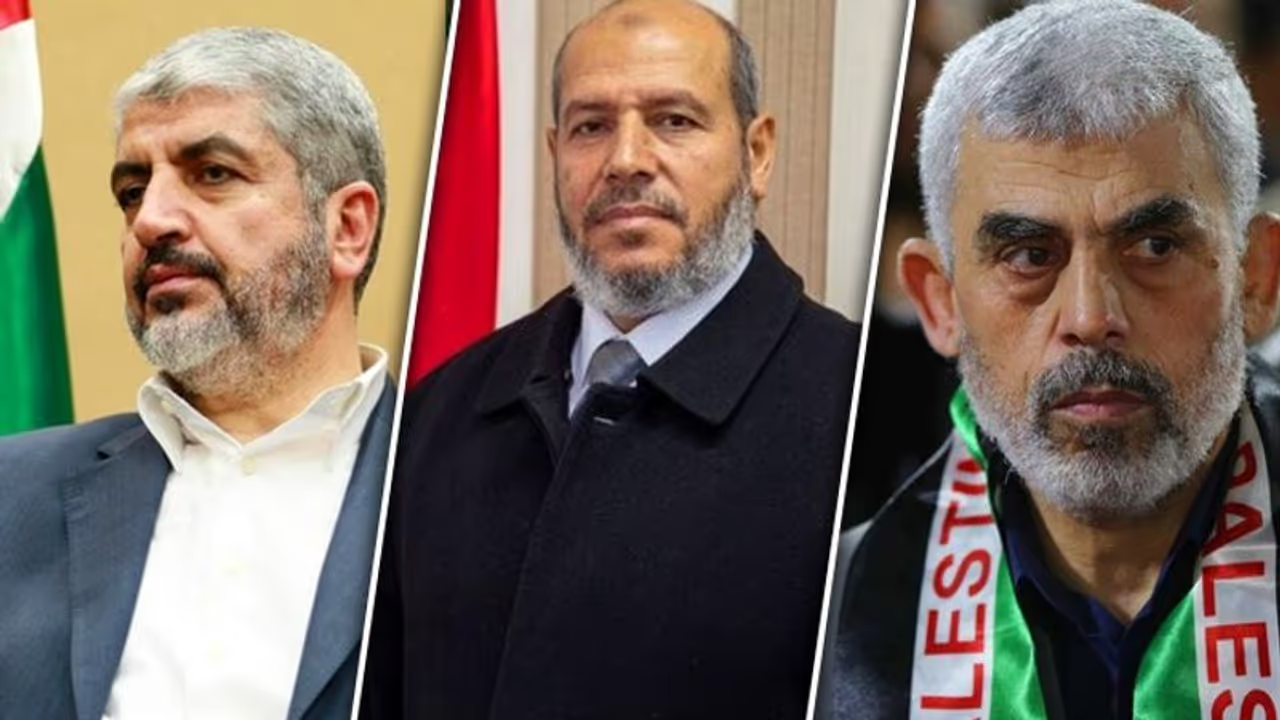The recent assassination of Ismail Haniyeh in Tehran, widely attributed to Israeli operations, has left Hamas in a critical juncture as it navigates a grueling conflict in Gaza that began with the October 7 attack on Israel.
The recent assassination of Ismail Haniyeh in Tehran, widely attributed to Israeli operations, has left Hamas in a critical juncture as it navigates a grueling conflict in Gaza that began with the October 7 attack on Israel. Haniyeh, who led Hamas's political bureau, was killed under intense circumstances, adding to the organization's challenges as it contends with severe pressures in Gaza.

The replacement of Haniyeh, a crucial decision for Hamas, is anticipated to be a complex process. While the group’s Shura Council, its main consultative body, is expected to convene soon—potentially after Haniyeh’s funeral in Qatar—the selection of a new leader remains uncertain.
Historically, Hamas has demonstrated a capacity for swift leadership transitions following the deaths of prominent figures. However, this instance poses unique difficulties due to the current turmoil and ongoing war. The council, whose membership remains undisclosed, will deliberate among several potential candidates.
Key contenders
1. Khaled Mashaal
A former Hamas leader with substantial political and diplomatic experience, Mashaal's relations with Iran, Syria, and Hezbollah have deteriorated in recent years, particularly due to his support for the Arab Spring. Nonetheless, he maintains strong ties with Turkey and Qatar and is viewed as a potentially less extreme leader compared to others. Despite his previous leadership role, the current dynamics within Hamas might present challenges to his potential return to power.
2. Yahya Sinwar
Currently leading Hamas’s operations in Gaza, Sinwar's stance is markedly different from Mashaal’s. His approach and influence could affect the decision-making process for Hamas's leadership transition, although he has been in hiding since the beginning of the conflict.
Hani al-Masri, an expert on Palestinian organizations, stated that the decision is now likely to be between Khaled Mashaal, a seasoned Hamas official and former leader, and Khalil al-Hayya, a significant figure within Hamas who was closely associated with Ismail Haniyeh.
"It will not be easy," said al-Masri, who also heads the Palestinian Centre for Policy and Research and Strategic Studies.
3. Khalil al-Hayya
A prominent figure in Hamas with significant international connections, al-Hayya's leadership is seen as a continuation of Haniyeh’s balanced approach. His good relations with Iran, Turkey, and Hezbollah position him as a strong candidate for maintaining the group’s current alliances. Al-Hayya’s role in recent diplomatic engagements, including a 2022 visit to Syria, highlights his diplomatic capabilities.
"He is like Haniyeh, who was balanced and flexible and both sides didn't see his leadership as problematic," al-Masri said.
4. Nizar Abu Ramadan
Another potential contender, Abu Ramadan previously challenged Sinwar for the Gaza chief position and is known for his proximity to Mashaal.
The role of the group's leader is crucial for maintaining relations with Hamas' allies beyond the Palestinian territories. The selection process is expected to be influenced by the group's upcoming decisions.
Al-Masri noted that any chosen leader will serve temporarily until the elections for the political bureau, which were originally scheduled for this year but have been postponed due to the ongoing war.
The choice of Haniyeh's successor will be crucial in determining Hamas’s strategy moving forward—whether to continue its militant approach or consider political compromises, which seems unlikely given the group's commitment to the destruction of Israel.
The Gaza conflict, ignited by the October 7 attack, has led to significant casualties and destruction. With more than 39,000 reported dead and substantial destruction in Gaza, the situation remains dire. The replacement of Haniyeh will not only impact Hamas internally but will also have broader implications for the ongoing conflict and regional dynamics.
